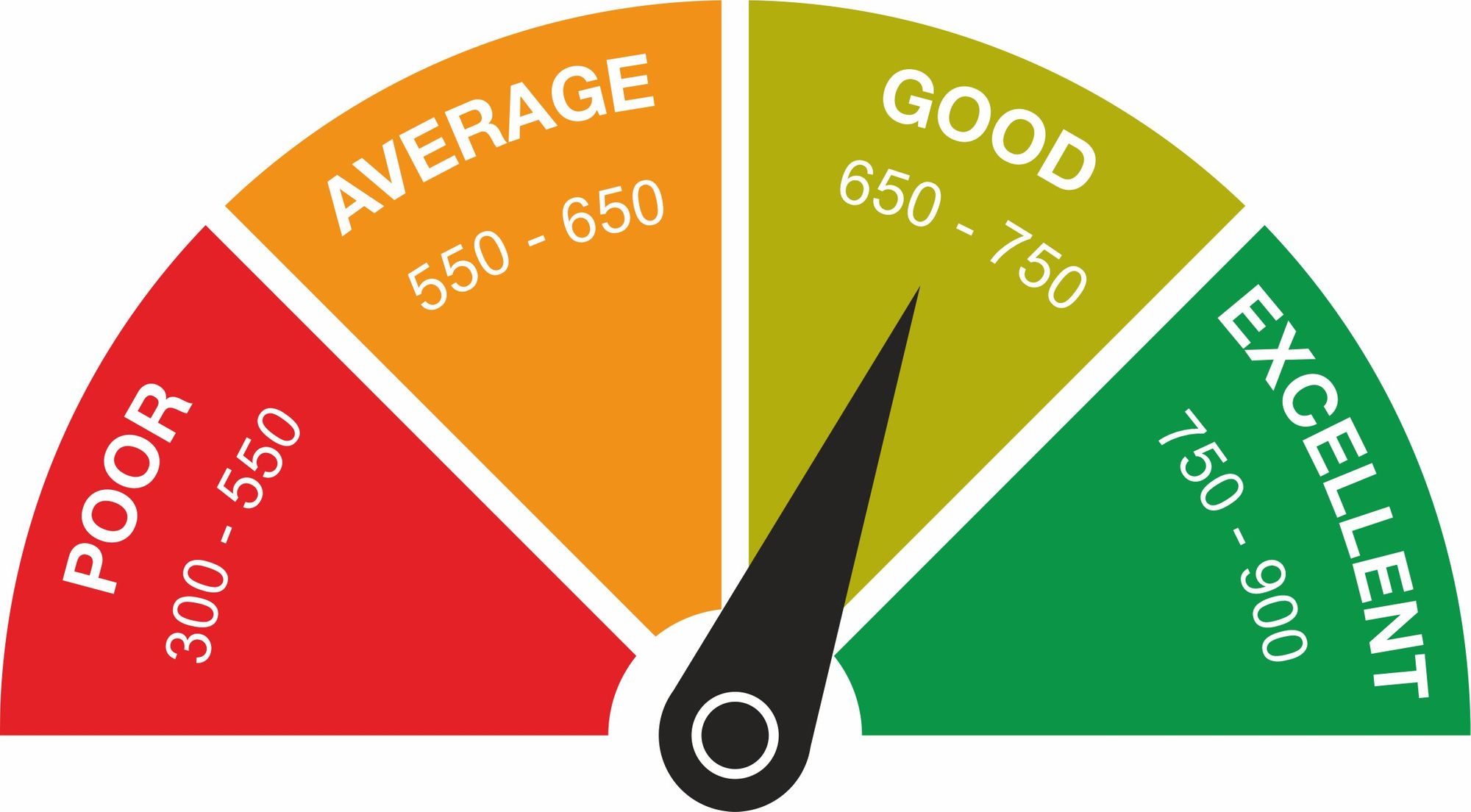+91-7291029298
What Happens When You Do Not Repay a Loan on Time?
Wed Jul 14 2021 by Bhuvan Rustagi
Has the pandemic cash crunch led you to default on your loan payments?
If yes, you have got to stop that now!
Loans have played a prominent role in the life of the average middle-class Indian. A majority of us have taken a home loan or a personal loan at some time, be it for our dream wedding or something as small as a smartphone.
However, due to the current scenario, every person is struggling to survive physically and financially. At times like these, a loan can save your day. However, if not planned and executed wisely, it can turn into a nightmare.
If you are thinking of defaulting on loan repayment and are anxious about the consequences, don’t worry, we've got you covered.
What happens when you default on a loan?
1. Defaulting on payment will degrade your credit score
- What is a credit score?

A credit score means a mark sheet of your credibility, which shows how well you have performed with the loans or borrowings you have taken to date. A credit score is calculated based on reports shared by the respective lenders with credit rating agencies such as CIBIL, Experian, CRIF, and Equifax.
A delay of even a few days towards repayment impacts your credit score. However, a material impact on the credit score will show up if the default crosses the 30-day mark.
- Why should you care about a low credit score?
You may find it challenging to obtain a new loan, funding requirement, and, at times, even a rented property. Moreover, insurance companies examine your credit score while determining premiums for the policy.
2. Legal action will be taken against the defaulter
In case of defaulting on a secured loan, the lender will have the authority to sell your mortgaged asset to recover the principal and interest, along with fees and penalties. For example, a house will be auctioned for recovery of the loan amount, along with damages, in case of a home loan default.
If it is an unsecured loan, which is a general case for personal loans, then the lender will charge late fees while also filing a suit for recovery with the civil court. The lender can also file a lawsuit for criminal proceedings if the default is proven to be willful.
3. Co-signer and guarantor go down with you
All the consequences you face when you default on a loan will be met by the co-signer and guarantor as well:
- Their credit scores will plunge.
- They will receive legal notices.
- They will be required to appear at your hearings.
This will further hamper all relations between you, the co-signer, and the guarantor and affect future transactions.
4. The mountain of dues piles up
After making a default, you will probably pay more than your scheduled amount in the form of late fees, legal fees, penalties, etc. At times, the defaulter ends up paying a sum of more than 125% of the outstanding balance.
5. Undesirable people at your doorsteps
Your lender's executives will show up at your door once you default on payments despite repeated reminders. This will create an embarrassing scene at your home and lead to losing your reputation in society.
How can you avoid loan defaults?
There are a few methods that can be employed before you commit a loan default. Typically, as a borrower, you would be aware in advance of whether you can make the upcoming EMI payments. Consider these options if you are a borrower:
1. Plan finances better
To preemptively prevent the possibility of having to default on a loan, you should plan your finances more efficiently.
2. Request for a lower EMI
If you predict that you might be defaulting on a loan payment, inform your bank regarding your financial status and ask for a decreased EMI. The bank can either extend your loan period or convert your loan from unsecured to secured to reduce EMIs. In situations where the loan becomes secured, it leads to a lower interest rate. Instead of extending loan periods, changing your loan status from unsecured to secured is usually the better option, as it results in a reduction in EMI. Moreover, very few banks extend loan periods.
3. Partial payments
Partially paying your EMI payments and interest rate is another effective way to reduce them. This ensures you repay the loan entirely in EMI payments. Partial payments are an option when you have an active personal loan and surplus funds remaining after tax.
4. Request for a period without EMI
You may approach your bank and ask for a break from EMIs when your income has been interrupted. Many banks honor such requests made by customers when they lose their jobs or temporarily stop their business. The bank would typically waive EMI payments for 3-6 months, after which you must resume payments.
Conclusion
Communication is the key. In case of any anticipated delay, you must keep your lender abreast of the situation. Avoiding phone calls or remaining incommunicado will dig the grave deeper than it already is. Provide the lender with a timeline for when the dues will be paid. As long as the lender is informed, they will refrain from taking coercive action.
The final verdict still maintains that defaults not only waste your time and money but also destroy the reputation and credibility you spent years building. As a vigilant person, you must therefore consider the above before defaulting on your loan.





